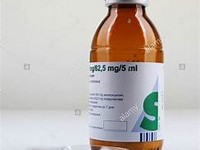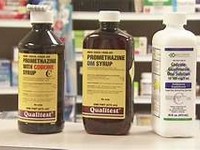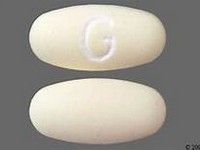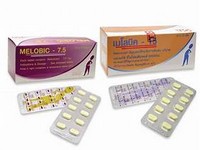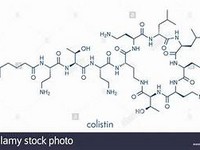Temocillin
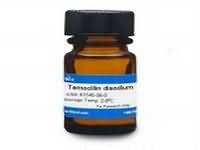
CLINICAL USE
Antibacterial agentDOSE IN NORMAL RENAL FUNCTION
1–2 g every 12 hoursAcute uncomplicated UTIs: 1 g daily in a single or divided dosesPHARMACOKINETICS
DOSE IN RENAL IMPAIRMENT
GFR (mL/MIN)
30–50 Dose as in normal renal function 10–30 1–2 g dailyDOSE IN PATIENTS UNDERGOING RENAL REPLACEMENT THERAPIES
IMPORTANT DRUG INTERACTIONS
Potentially hazardous interactions with other drugsTemocillin can reduce the excretion of methotrexate (increased risk of toxicity)ADMINISTRATION
Reconstition
IV: Dissolve in 20 mL water for injectionIV infusion
: Dilute in 50–100 mL sodium chloride 0.9%IM: Dissolve in 2 mL water for injection or lidocaine 0.5–1% (volume 2.7 mL)Route
IV, IMRate of Administration
Slow IV bolus over 3–4 minutes Infusion over 30–40 minutesComments
Incompatible with proteins, blood products, lipid emulsions and aminoglycosidesOTHER INFORMATION
Bleeding has occurred in some patients (more likely in those with renal impairment)20% is removed by haemodialysis and 17–26% by peritoneal dialysis.
See how to identify renal failure stages according to GFR calculation
See how to diagnose irreversible renal disease
Home

